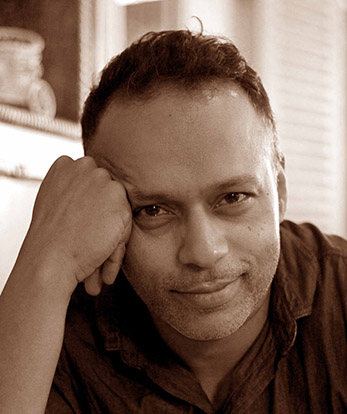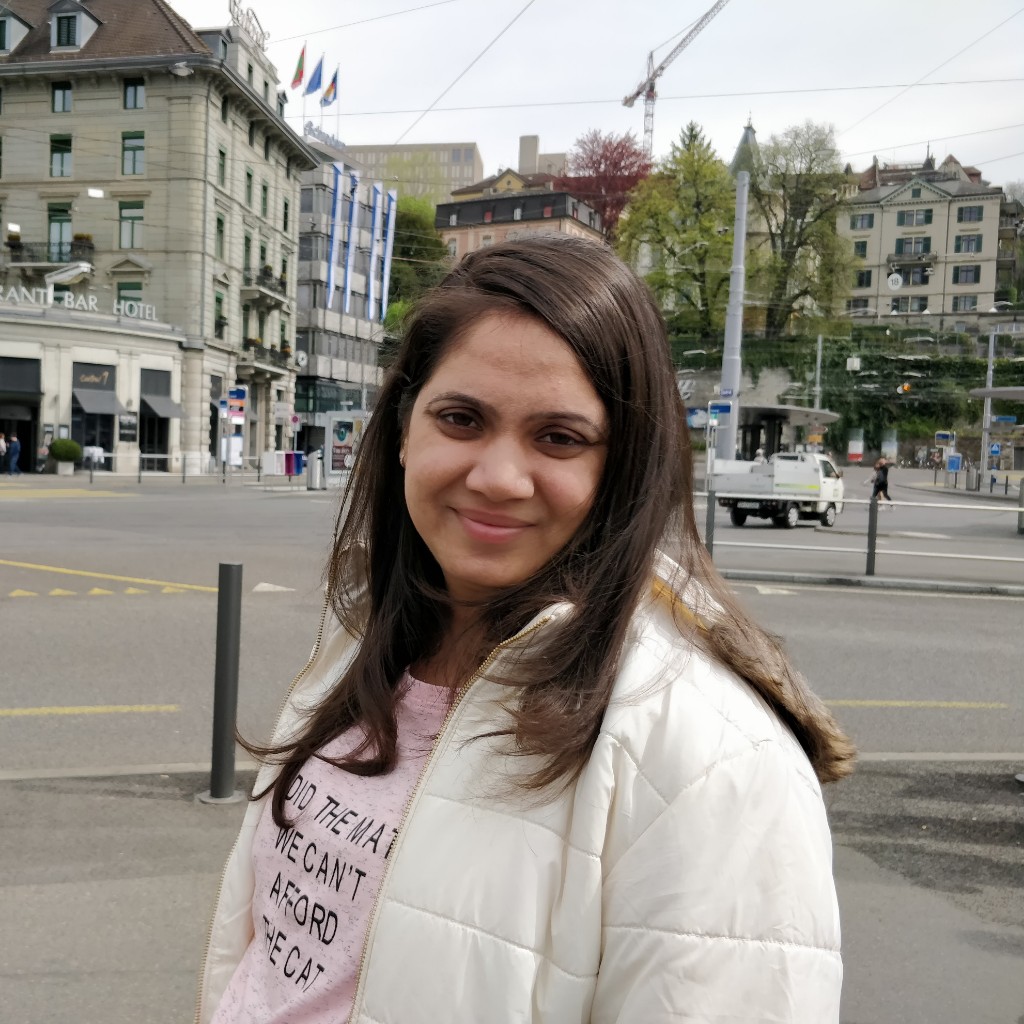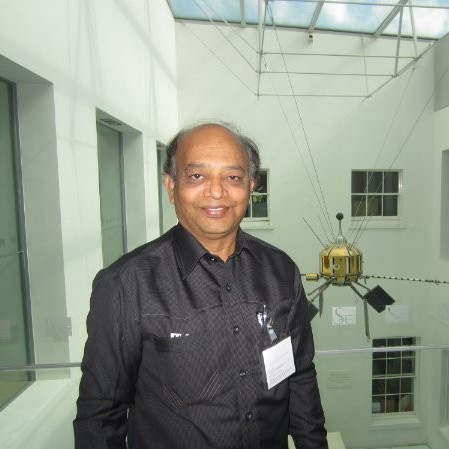Sudebi is a designer of learning, facilitator, thinker, narrative designer, educator, and singer. She designs experiences, engagement, and environment using multiple modalities and media that allow people to think and have dialogue, makes their thinking and interaction visible, and thus enable them to design their own solutions and narratives. Storytelling is her passion and so is the interface of science and humanities. Sudebi emphasizes socially, environmentally, and culturally relevant issues while inter-weaving design thinking, learning theories, art, literature especially focusing on oral traditions, crafts, and performing arts. She has previously engaged in the areas of development, communication, and community media, collaborating with organizations and individuals globally.
She focuses on bringing in inquiry-driven participatory, context-based design, and transdisciplinarity into her work. Her areas of work include embedding socio-political issues, in school /university curricula, which she believes would lead to an understanding of the complexities of various systems through their inter-connectedness, resulting in catalyzing action by youth and children. One of her key areas of interest is critical media literacy including the audio-visual medium in addition to folklore and oral, musical storytelling traditions. Currently, her research areas are: understanding the role of local wisdom through narrative sources, in addressing complex problems, re-defining what curatorial practices might be and solving problems of governance & sustainability, and understanding the intersections of pedagogy, design, and inclusion.
Sudebi’s multi-faceted expertise includes Research Design, Design Thinking, Teaching, Tools for Thinking, Musical and poetic narratives, Curriculum and Instructional Design, Participatory Design, Organisational Development, Place-based Pedagogy, Story as Pedagogy, Community Media, User-centered Design, Problem Solving, Cartography, Team Building, Social Development, Creative Documentation, Orality as narrative sources, Curation of experience, Project Development, and management, Gender and Language Arts.




